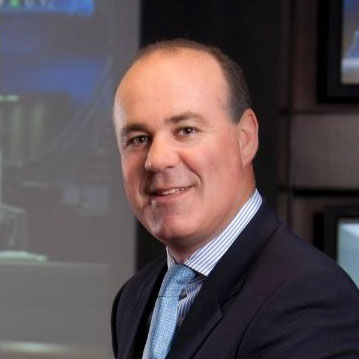Advice from the PR Pros: Bill Margaritis
May 2, 2014

The Arthur W. Page Center for Integrity in Public Communication has conducted oral history interviews with dozens of the nation’s most influential public relations practitioners. The Page Center website features a vast collection of transcripts and videos of these interviews. On this blog, we will highlight some of the advice given by professionals on attaining positions in the field of public relations.
Bill Margaritis is the former corporate vice president for global communications and investor relations for FedEx Corporation. After graduating from Michigan State University, Bill worked in the Michigan senate as a legislative assistant and was the deputy director of the Reagan-Bush ’84 presidential campaign.
Political experience valuable in corporate communications
“I think political experience is very profound and valuable in the corporate communications world. First of all, you have an outcome that takes place. You have a defined time frame by which to operate. You have multiple stakeholders with issues and agendas at play. You have a competitor. And you have to apply a lot of research rigor to understand the makeup of the population you’re dealing with, whether it be at a local, state level, or a national level.”
“So it forces you to move quickly, to have a strategy, to have a very clear execution plan, to be able to manage multiple aspects of a campaign—like a project management program would. And to use analytics to target messages, target-positioning statements. Understand the use of polling and research—much like you would in business between two corporations whether it’s Pepsi/Coke or FedEx/UPS.”
“And also, perhaps this may be the most important, is the power of volunteers. Of really collaborating and inspiring and leading volunteers. People who aren’t getting paid but they believe in the cause. That’s so important when you become a manager, an executive in the business world because it trains you in how to really motivate people when they frankly don’t even have to be there.”
“Plus, I think every executive from the CEO on down needs to understand how public policy and how legislation and how coalitions get developed. Because every company is exposed to some regulatory or political issue, whether it be in the U.S. or abroad.”
“If you understand politics at the grass roots level and how decisions get made and how coalitions develop, you can then understand how the elected official or appointed official is going to think through their position. And then what’s it going to take for you to connect with that person or persuade that person? So you have to find something politically palatable. It’s an art and a science.”

